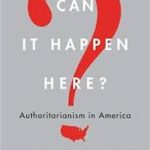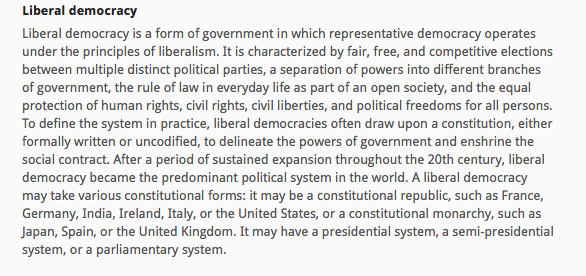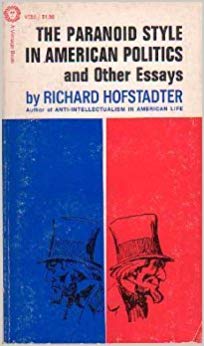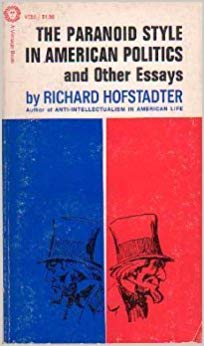Good question.
Combining this thread (Rule of Law v. Cult of Leadership) with scholarship from political psychology brings us to the conclusion that about 1/3 of the population has what psychologists call an authoritarian disposition.
I had an "ah ha!" moment reading it.

Those with authoritarian dispositions are averse to complexity (which includes diversity).
However, when faced with a normative threat, they can become dangerous. (I'm paraphrasing and simplifying the article.)
Trump creates normative threats when he talks about "invaders" at the border, "illegal" immigrants bringing crime, etc.
This riles those with authoritarian dispositions.
They become fearful and angry. They can be violent & tolerate violence in others.
Trump governs by creating normative threats. He deliberately keeps the authoritarians riled.
Stirring their fears is dangerous and irresponsible.
I like to think of them as victims. . .
That's how they were made.
The idea is that some people, because of their nature or psychological makeup, will never live comfortably in a liberal democracy.
Here's another summary of the scholarship: academia.edu/34651963/The_R…
That number pops up often.
It's actually the percentage of support Hitler had when he came to power.
I've often thought that when the crisis is over . . .
For the next 7 months, I think the best strategy is not to try to reach the people caught in the FOX-Trump net.
Win in November by turning out the pro-Rule of Law vote, and then when the crisis is over, consider how to make them less dangerous.
What's totally cool about Twitter is I start talking about a scholarly article, and the author appears:
Plus the Constitution says that if a candidate doesn't win a majority of electoral votes, the House of Representatives picks the president, which is what probably would happen with multiple parties.
I don't see that working well.









